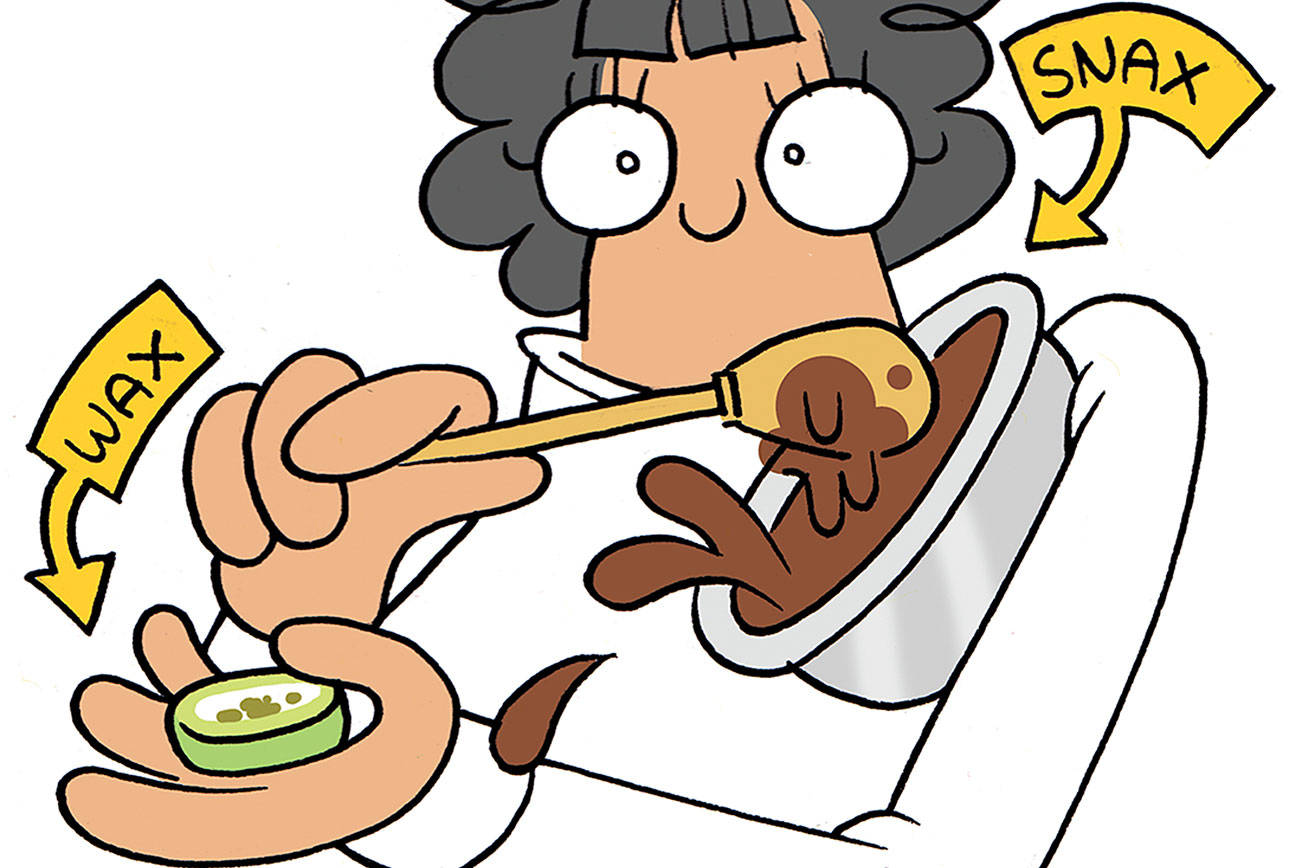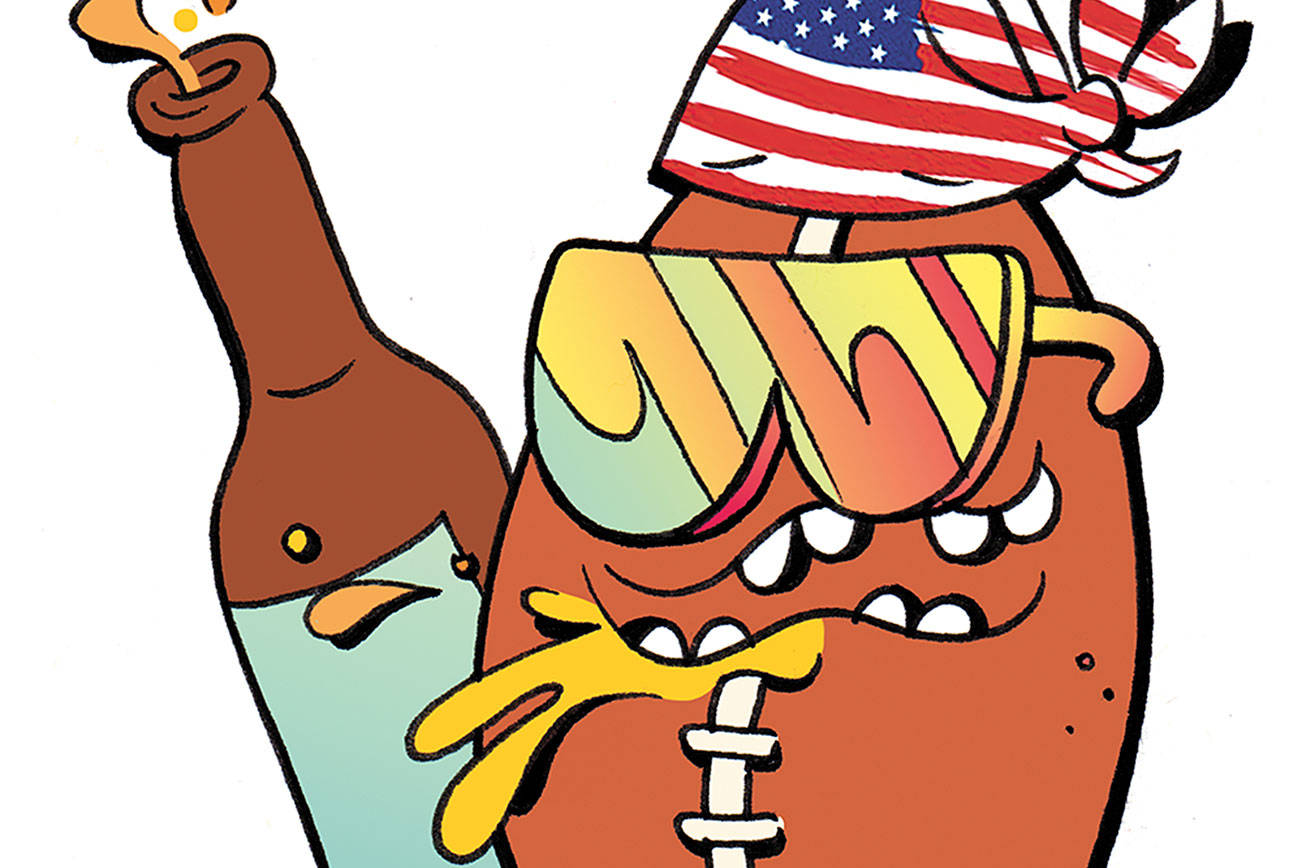Washington’s two most profitable cannabis retailers are Uncle Ike’s three-store chain in Seattle and Main Street Marijuana’s three-store chain in Vancouver. Good as business has been, though, the owners of both are open to selling—and stranger, they’ve teamed up to offer all six stores in a package deal. The price tag? $50 million. The sale would need the help of lawmakers in Olympia, but first we’ll ask: Why would someone want to sell such a successful business?
“Knowing what I know now, I want to go into the processing side of the industry. I want to get back into creating brands,” explains Ian Eisenberg, owner of Uncle Ike’s. “That’s where the fun is.” Eisenberg, who helped create the popular stevia-sweetened soda Zevia, feels stifled by the limitations put forth by the Washington State Liquor and Cannabis Board, which oversees regulation for the industries. “Every great idea you might have as a retailer must go through the LCB. We like to joke that we’re not in the pot selling business, we’re in the LCB-compliance business.”
Also motivating Eisenberg is an effort in Olympia to allow more overt financial involvement by outside groups. Currently, Washington state requires anyone who makes a profit off cannabis to have lived in the state for six months. This year, lawmakers are looking at several bills that will remove that requirement, opening the doors to major out-of-state investors, completely changing the landscape.
Eisenberg says the idea for the sale came about when he was out one night with Ramsey Hamide, the owner of Main Street Marijuana. The two noted they’d both been approached to sell, and were struck by the idea to join forces. “If we’re going to allow outside money, this is an opportunity for someone to buy a lot of stores and have a good footprint on the industry,” Eisenberg says. The two retailers are open to selling the whole package: all their intellectual property and brands along with their business licenses and locations, meaning the new owners would simply have to step in and take over an already successful business—much easier than creating a new brand from the ground up.
But a potential buyer has one other challenge in Washington’s current cannabis market: A business can currently own only three storefronts. However, another bill moving through Olympia this year may increase that number to five—which would still require a new owner to close one of the six storefronts. Either way, Eisenberg and Hamide are also open to breaking up the package and selling to multiple parties.
Considering the two retailers made more than $60 million combined last year—and are projected to possibly hit $70 million in 2017—the $50 million investment looks reasonable. And if Eisenberg doesn’t sell? He plans to continue to run his lucrative business. “Hopefully they’ll raise the three-store limit; if I stick around, I think I’d like to open a couple more locations.”
stashbox@seattleweekly.com







